A Commentary on Isaiah, Part 16: The Burden of… Moab?
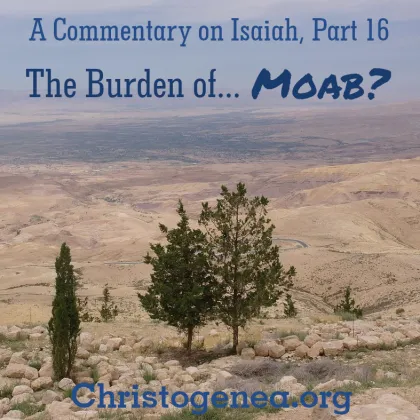
A Commentary on Isaiah, Part 16: The Burden of… Moab?
Discussing Isaiah, before we move on from the prophecies of the destruction of Babylon and the fall of the king of Babylon which are found in Isaiah chapters 13 and 14, it should be noted that at the end of Isaiah chapter 14, in verse 25, there is a shift in focus from Babylon back to Assyria, the demise of which Isaiah had already prophesied in chapter 10. Then in verse 28 there is an odd break in the context where Isaiah mentioned that this burden, referring to the prophecy of doom of Babylon, had come to him in the year of the death of Ahaz king of Judah. Here it is unclear, as to whether the reference to the death of Ahaz was spoken in relation to the burden against Babylon which had preceded, or to that which would follow, beginning with four verses at the end of the chapter in which Isaiah had warned Palestine of its coming destruction. It is more likely to have been a parenthetical remark, since with all certainty the warning to Palestine here is contextually connected to the mention of Assyria a little earlier in the chapter. By itself, this also seems to suggest that the fate of Babylon is tied to the fate of Assyria, and that association is strengthened as the chapter proceeds.
So immediately following the mention of the death of Ahaz, there are four verses containing the warning for Palestine, and within them there is revealed one significant element of the nature of these empires, where it states in verse 29: “Rejoice not thou, whole Palestina, because the rod of him that smote thee is broken: for out of the serpent's root shall come forth a cockatrice, and his fruit shall be a fiery flying serpent.” The “rod of him that smote thee” would be a reference to Assyria, which had reduced and subjected Palestine beginning with the reign of Tiglath-Pileser III, who listed Philistia among his tributaries in inscriptions from the 17th year of his reign. [1] As we have also discussed, that is very close to the time when Ahaz had died, and Tiglath-Pileser had met his own end after having ruled for eighteen years.

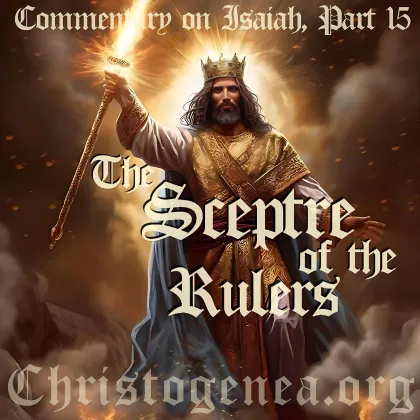


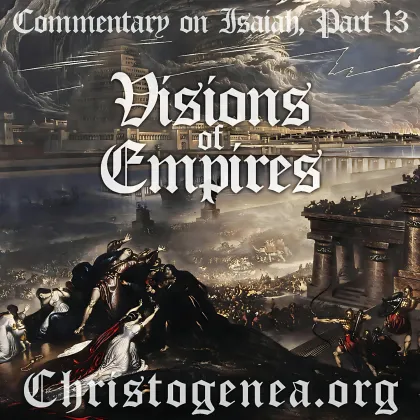
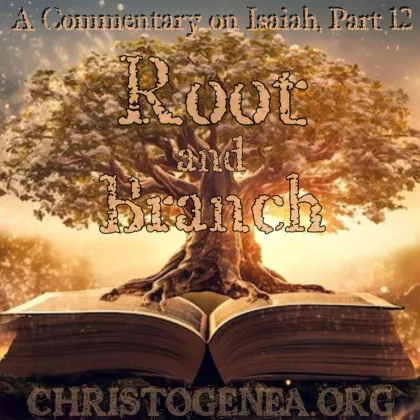

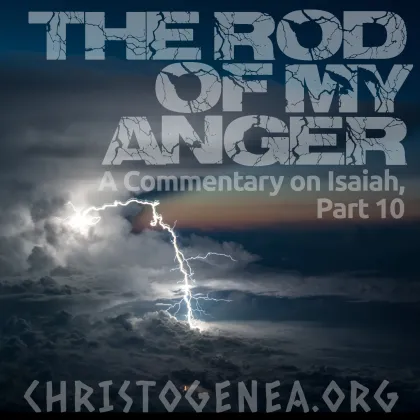
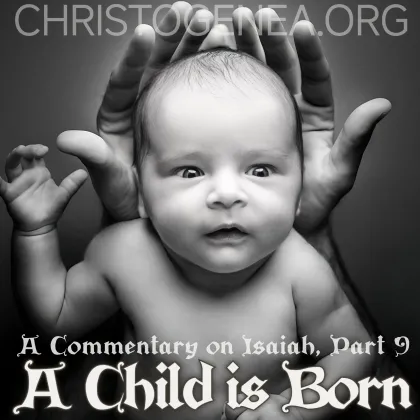
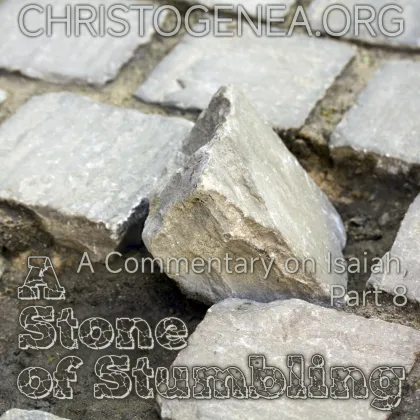



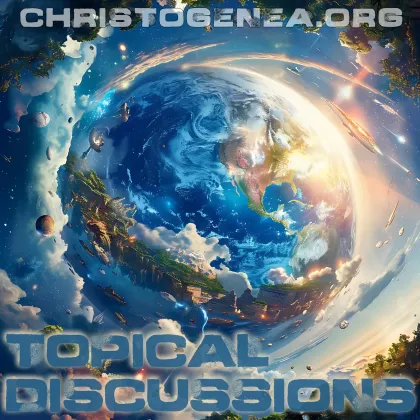

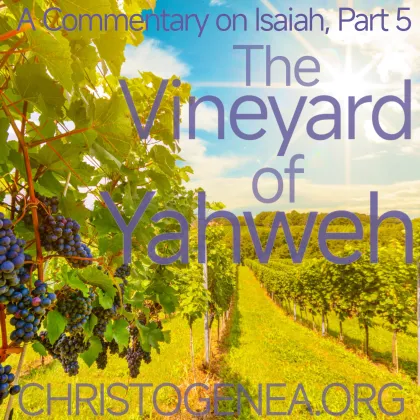
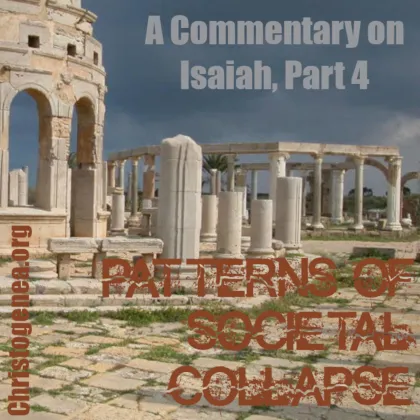
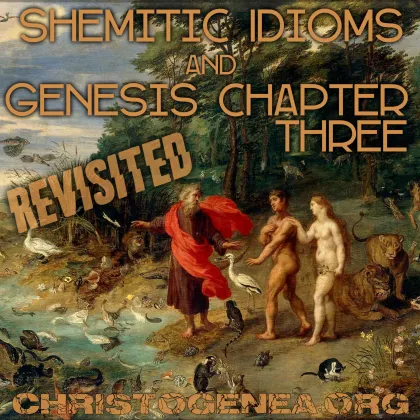
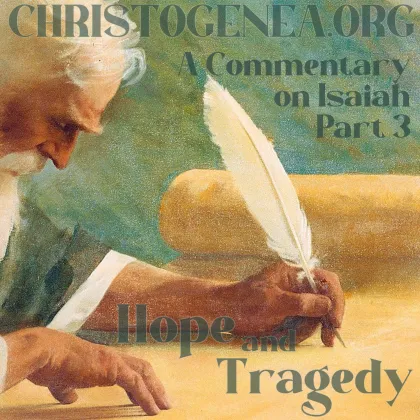




 Please click here for our mailing list sign-up page.
Please click here for our mailing list sign-up page.







